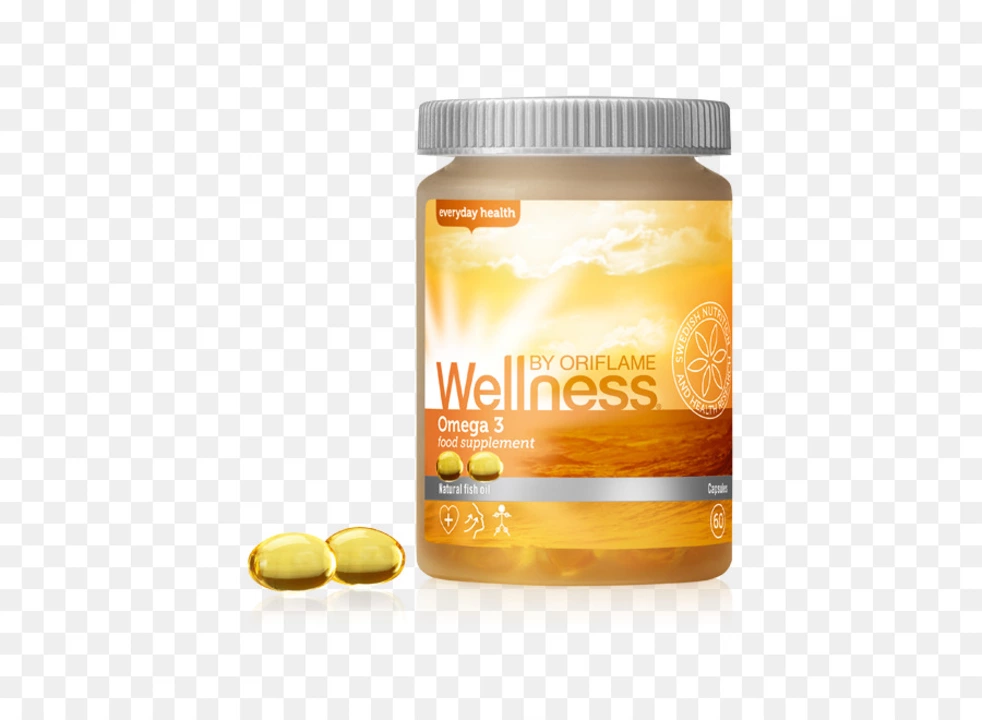I recently came across Rose Geranium Oil, a must-try dietary supplement for holistic health and wellness. This natural oil is extracted from the leaves and stem of the rose geranium plant and offers numerous health benefits. It is known to improve skin health, alleviate stress, and even has anti-inflammatory properties. I've started incorporating it into my daily routine, and I'm thrilled with the results! So, if you're looking for a natural way to enhance your overall well-being, I highly recommend giving Rose Geranium Oil a try.
Rose geranium oil is a fragrant essential oil extracted from Pelargonium graveolens.
People use it for skin care, mood lifting, and mild pain relief. It smells floral and slightly citrusy, so it blends well with lavender, bergamot, and frankincense. If you want a simple all-purpose oil for home use, this is a solid pick.
How to use it safely?
Never apply pure essential oil directly to skin. For adults, dilute rose geranium oil to 1%–2% in a carrier oil like jojoba or sweet almond for facial use. That means about 6–12 drops of essential oil per ounce (30 ml) of carrier. For body blends, you can go up to 3% if you tolerate it well. Always do a patch test on the inner forearm and wait 24 hours for irritation.
For stress and sleep, add 3–4 drops to a diffuser or mix with water in a spray bottle for quick room misting. If you make a pillow spray, keep the ratio low: about 1–2 drops per ounce of water with a tiny bit of alcohol or witch hazel to help mix. For sore muscles, blend 10–15 drops into 2 tablespoons of carrier oil and massage gently into the area.
Pregnant or breastfeeding people, small children, and people with epilepsy or serious medical conditions should check with a healthcare provider before using rose geranium oil. It’s generally mild, but individual reactions happen. Stop use if you get redness, itching, or a headache. If irritation is strong, rinse the area with soap and water and seek medical help.
Buying tips:
Choose a reputable brand that lists Latin name (Pelargonium graveolens), country of origin, and extraction method (steam distilled). Avoid oils labeled as "fragrance oil" or "synthetic" if you want therapeutic benefits. A darker glass bottle with a dropper or orifice reducer helps protect the oil from light and air.
Storage: keep bottles cool and out of direct sunlight. Most well-kept essential oils last 1–3 years. If the scent turns off or smells sharp, toss it.
Simple blends to try: put 4 drops rose geranium, 3 drops lavender, and 2 drops bergamot in a diffuser for calming vibes. For a skin-soothing roll-on, mix 10 drops rose geranium and 5 drops lavender into 10 ml jojoba oil.
Quality matters more than price. A cheap oil can cause skin reactions or lack aroma. If you plan to use rose geranium oil on your skin regularly, buy a small bottle from a trusted seller and test it first. With careful dilution and common-sense safety checks, rose geranium oil can be a useful, pleasant addition to your home wellness kit.
Chemicals like geraniol, citronellol and linalool give it scent and mild insect‑repelling power. For a natural insect spray, mix about 20–30 drops per 100 ml water with 1–2 teaspoons witch hazel, shake before use. For children over two, keep dilution under 0.5%; avoid any essential oil on infants. If you take regular medicines or have severe allergies, ask your doctor before regular use. Perform small tests first.

